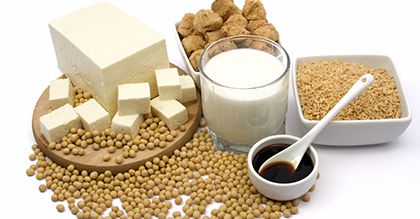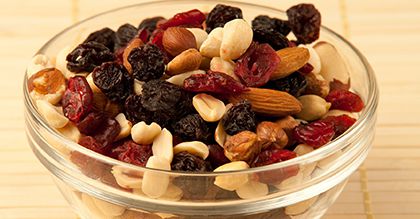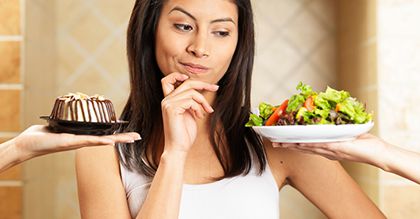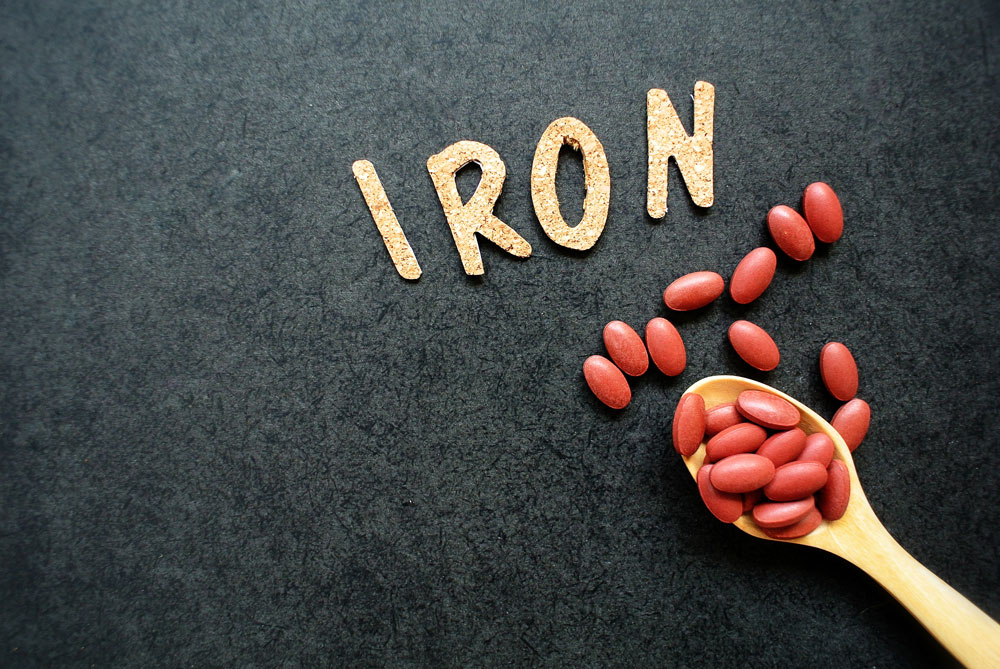In our earlier blog, we had discussed the top 10 Superfoods for Vegetarians. These are 10 more Super Rich & Nutritious foods that make a remarkable impact on your health. Pregnancy is the most beautiful feeling any woman can ever experience. Throughout the three trimesters, your body floods out various hormones to adjust to bearing and nurture a new life within.
Along with healthy food, regular exercise can prevent the risk of birth defects and depression. Low iron levels can cause lethargy during pregnancy. Hence, Vegetarians need to take efforts persistently to include the below mentioned superfoods to account for the nutrients quintessentially required to meet the needs of the developing fetus as well as the energy requirements of the mother.
1)Tofu
Essential Nutrients: Packed with protein, iron, calcium, magnesium, vitamin A and vitamin K.
Health Benefits: Essential for normal blood clotting, particularly after the birth, helps in building essential cells that forms vital body organs.
2)Avocado
Essential Nutrients: Powered with protein, folic acid, potassium, vitamin C, and vitamin B6, high calories.
Health Benefits: Helps in forming your baby’s brain and nervous system, building up tissues, helps to combat morning sickness. The high calorie helps those who want to gain weight during pregnancy.
3)Cereal
Essential Nutrients: Power house of energy, folic acid, fibre and vitamin B.
Health Benefits: Fortified cereals make great for an energetic breakfast. You need energy as you progress through your trimesters to support your child as well.
4)Cabbage
Essential Nutrients: Wholesome goodness of thiamin, folic acid, vitamin E, A, B6, C, K, calcium, magnesium, manganese, phosphorus, potassium, fibre & iron.
Health Benefits: These vitamins aid in healthy breast-milk production. Chilled cabbage leaves placed in your bra help to soothe sore breasts during & after pregnancy. Magnesium improves blood flow.
5)Chickpeas
Essential Nutrients: Rich in calcium, magnesium, zinc and folic acid.
Health Benefits: Hummous (made from chickpeas) with peta bread makes a tasty snack. Fibre balances glucose levels; iron helps combat anaemia.Folic acid is vital for baby’s development.
6)Oils and Fats
Essential Nutrients: Entails omega-3 and omega-6 fatty acids, antioxidants.
Health Benefits: Quintessential for cell function, brain and eye development.Go for the extra virgin olive oil. it lowers blood pressure and improves cardiovascular health by providing protection against heart disease, depression, cancer, high cholesterol and dementia.
7)Oatmeal
Essential Nutrients: Packed with fiber, protein and vitamin B6. It can be fortified with iron & folic acid.
Health Benefits: Whole grains containing complex carbohydrates that release energy slowly after you have eaten it. A bowl of oatmeal or porridge is a great start to the day and will help combat any fatigue which sets in mid-morning.
8)Tomatoes
Essential Nutrients: Contains vitamins A and C.
Health Benefits: Low fat tomatoes have the ability to regulate blood sugar, reduce stress, cure headaches and even protection against gall & kidney stones.
9)Going Nuts over Nuts
Essential Nutrients: Proteins, manganese, omega-3 fatty acids, selenium, magnesium, Vitamin E.
Health Benefits: They are memory-boosting foods, helps development of child’s brain and eyes, reduced risk of premature baby. Indulge guilt-free in almonds, walnuts, flax seeds, reduced risk of heart diseases.
10)Whole Wheat
Essential Nutrients: Plentiful of iron, fiber, Vitamin B complex and protein.
Health Benefits: Along with energy boost to the body, it releases energy from muscles, iron fights anemia & eases constipation. Brown rice & millets are considered a healthier option.


















